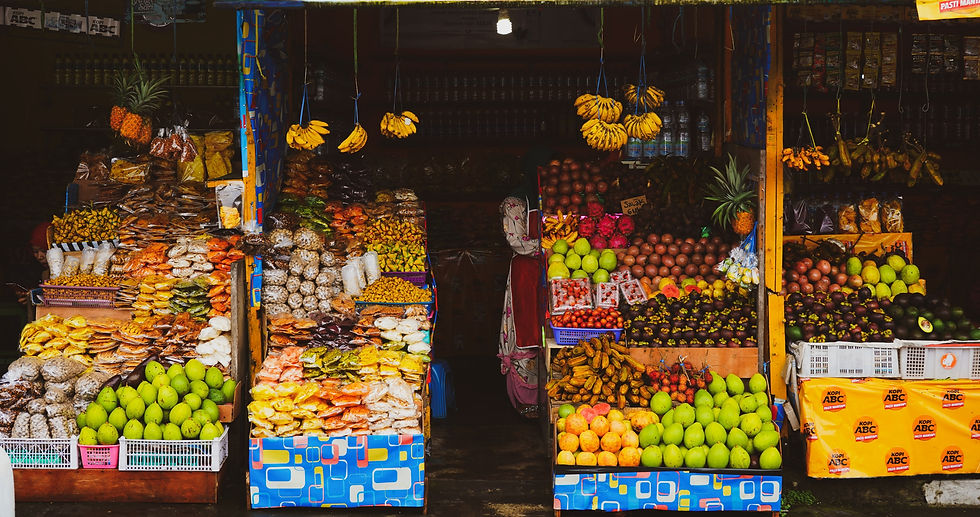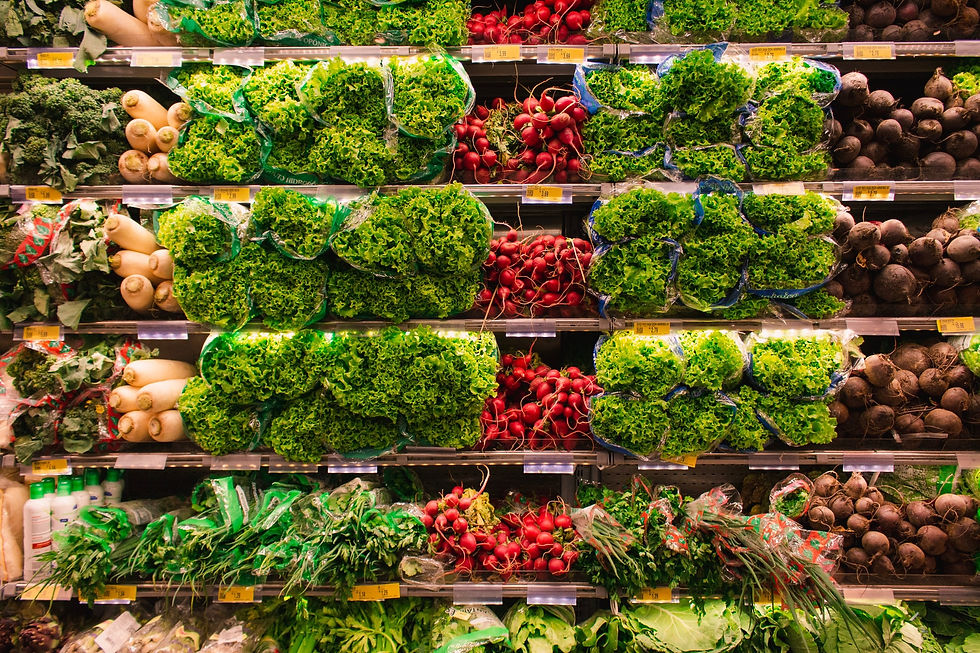Today we're catching up with London based Philippa Anselmino, a dietary educator, who is currently completing her diploma in nutritional therapy at the Centre of Nutrition, Education and Lifestyle Management (CNELM).

What are the best foods you recommend for good sleep?
Foods rich in the nutrients that help support the natural production of the sleep hormone melatonin are excellent for the maintenance of a healthy circadian rhythm. Giving our body plenty of foods rich in vitamin B6, calcium and the amino acid tryptophan, means you are optimising your body’s ability to produce melatonin, which is what makes us sleepy when it’s time for our body to get some rest. Vegetables, especially green leafy vegetables and broccoli, fish, poultry and dairy, as well as nuts and seeds, are great sources of these nutrients.
But more than just eating foods that support melatonin production, we also want to avoid foods and drinks that may energise us before bedtime. These can be foods high in sugar or alcohol as well as the obvious culprit that is caffeine that we find in coffee but also chocolate and green tea. To further dampen our energy levels, supporting our nervous system is also very important. Foods rich in magnesium such as dark leafy greens, vegetables, avocados, nuts and seeds, and legumes can be particular helpful as they can have a calming effect on our nervous system.

How do you believe a healthy gut is related to good sleep?
In functional medicine we focus very heavily on the health of the gut because that can really determine our overall health. It is where nutrient absorption takes place but also where melatonin and many of the brain neurotransmitters such as serotonin and dopamine, which are substrates for melatonin production in the brain, are produced and released. If the gut is not in good shape, nutrient absorption and melatonin production can be undermined, which in turn can affect our ability to get a good night sleep.
What determines the health of our gut is the diversity of our microbiome. The microbiome consists of many genetically different bacteria, which all have their different function such as processing and releasing different nutrients, making hormones and neurotransmitters and/or binding toxins in the gut so that they can be excreted. To best support this variety, and especially of the good kind that supports the healthy functioning of these processing, we need to eat give them the fibre-rich fruits and vegetables as well as fermented foods such as kefir, miso, kimchi, sauerkraut, wine or anything pickled.
By supporting the microbiota in this way, the adequate production of neurotransmitters and melatonin is also facilitated, which in turn can help support a healthy circadian rhythm.
What are easy changes we can make to our routines for a healthy gut?
I think what we don’t eat is as, if not more, important than what we do eat. What the type of bacteria that we do not want to support, because of their disrupting nature to the microbial equilibrium, love, are the ultra-processed types of foods that are high in sugar and fat (and not of the good type), which we are confronted with at every supermarket aisle.
It’s very easy to pick up a Snickers or ready-made tomato sauce from the shelves without a thought or glance at the ingredients. Yet, many of those impede the establishment of a healthy gut because their highly processed nature means all nutritional benefit has in fact evaporated. What we are left with instead are irritants and fodder for bad bacteria. Examples of such ingredients include corn or glucose syrup and palm or canola oil.

Supermarkets nowadays have an incredible choice of products, many of which have much improved in the quality of their ingredients using fibre-rich dates or extra virgin olive oil. Making a habit out of looking at the ingredient list on the back of the packaging to see what is really in the food you are eating, can help you make more thoughtful choices about the food you are putting inside your body and which gut microbiota you are feeding.

A potentially therapeutic alternative for those with the time and patience on their hands, is experimenting with some home-made recipes of otherwise store-bought foods. This can help control the quality and freshness of the ingredients and therefore optimise the nutritional value of the eaten food.
What is most important to you, to have a good nights sleep?
Sleep hygiene is often mentioned and what that really boils down to is working out what helps you get a good night’s sleep, which may take some experimenting.
For me, I make sure my bedding is soft and comfortable to lie in. I also have a very comfortable mattress protector and a light duck feather duvet that makes lying down something to look forward to every evening.
I also use a relaxing lavender spray on my pillow, and magnesium oil for the back of my arms, and make sure not to have caffeine after lunch. I have also programmed my phone to go into night mode by 8pm so all the blue light is blocked out, which can interfere with our melatonin production.
When I travel, I am always equipped with a sleeping mask and earplugs to cancel out potential impediments to an uninterrupted and restful sleep.
What is the best dream your had and has it come true?
I often wake up and do not realise for quite some time that my dream had not in fact happened in the real world. I am sure there are many dreams that I still believe have occurred, so you could say many of my dreams come true. Apart from those where I wake up to rush hour traffic instead of breaking waves, which I am also not in fact surfing on!


Comentários